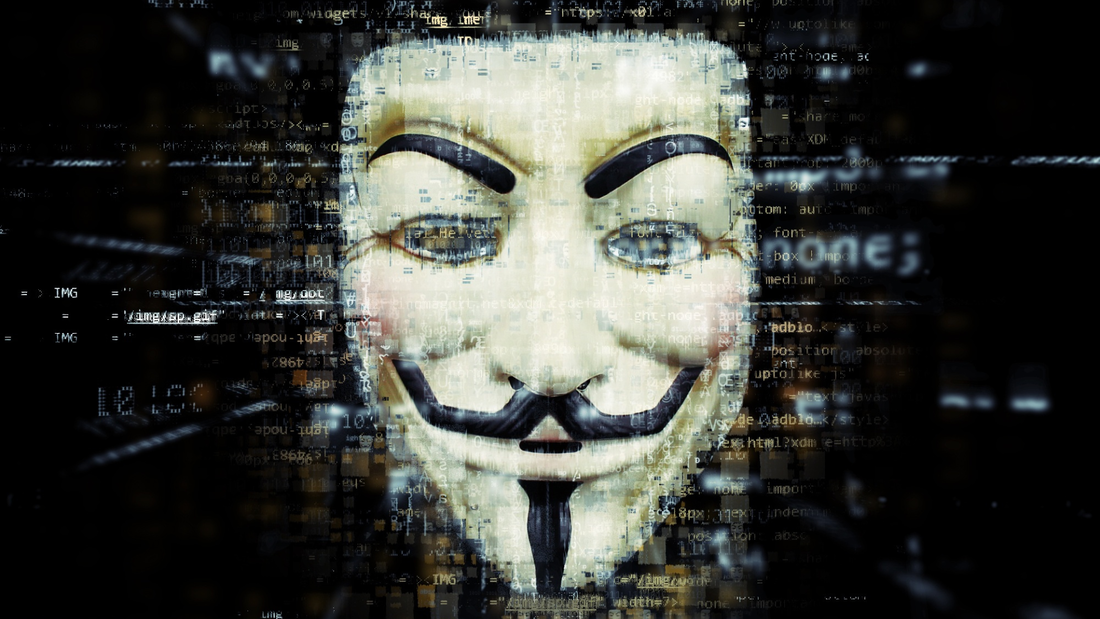|
In a recent Fox News interview, presidential candidate Nikki Haley drew a lot of raspberries when she called online anonymous posting a “national security threat.” She proposed that social media platforms require identity verification for all users to stop foreign disinformation campaigns.
Nikki Haley is legitimately concerned with real online dangers. But such a requirement would chill speech, stifle the free flow of ideas and information, harm journalists and their sources, and land several American Founders in internet jail. Anonymity serves as a shield for individuals to freely express opinions without fear of retribution or persecution. For marginalized communities, victims of abuse, or those living under oppressive regimes, online anonymity can be a lifeline, allowing them to voice their concerns and opinions without risking personal safety. Banning anonymity would silence these voices. Furthermore, this proposal fails to acknowledge the pivotal role played by anonymous sources in investigative journalism. Banning online anonymity could place an insurmountable barrier for journalists to protect their sources, impeding the public's right to know about crucial matters of public interest. Platforms that allow anonymity often become safe spaces for open discussions on sensitive topics, mental health, or personal struggles. Removing this protective veil might discourage individuals from seeking help or sharing their experiences, ultimately stifling lifesaving conversations. Rather than enhancing security, enforced identification online could create an environment ripe for censorship and surveillance, where individuals feel compelled to self-censor out of fear. It may also pave the way for increased government intrusion into private online spaces, eroding the very freedoms the First Amendment aims to protect. Anonymity plays a vital role in many areas of American life, not just online speech. Since the landmark Supreme Court ruling in 1958, NAACP v. Alabama, the anonymity of donors has been recognized as critical to the protection of speech and the flourishing of the First Amendment. Perhaps that is why civil liberties groups on both the left and right have united to challenge laws that seek to expose donors, given such laws’ history with coercion, discrimination, and surveillance. Perhaps most important of all, this great country and our freedoms might not exist if not for anonymity. Friends of history will know that America’s Founders and pivotal figures made generous use of anonymity. Alexander Hamilton, John Jay, and James Madison wrote under the pseudonym “Publius” when they drafted The Federalist Papers. So too did their opponents, who published the Anti-Federalist Papers anonymously under multiple pseudonyms like “Brutus,” “Cato,” and “Federalist Farmer.” Thomas Paine published Common Sense anonymously. Less monumental in scope, Benjamin Franklin wrote under the name “Mrs. Silence Dogood” for the New-England Courant when his brother, the founder and publisher of the newspaper, refused to publish his letters under Benjamin’s real name. Were it not for anonymity, American history would look very different. To be sure, online anonymity has an ugly side. Social media platforms such as Facebook and Linked In have a First Amendment right to restrict anonymity and do so for sound business and public policy reasons. A personal attack or bombastic ideological statement without an identifiable author, however, inherently lacks credibility. We believe Americans have become savvier in their online judgments about online graffito than many experts believe. Instead of advocating for the elimination of anonymity, we should focus instead on promoting responsible online behavior, fostering digital literacy, and developing mechanisms that balance security concerns with the preservation of free speech rights. We’ve said it before – it would be a pointless victory to combat Russian disinformation if we become Russia. Comments are closed.
|
Archives
June 2024
Categories
All
|
ABOUT |
ISSUES |
TAKE ACTION |



 RSS Feed
RSS Feed